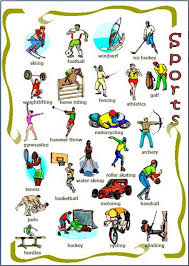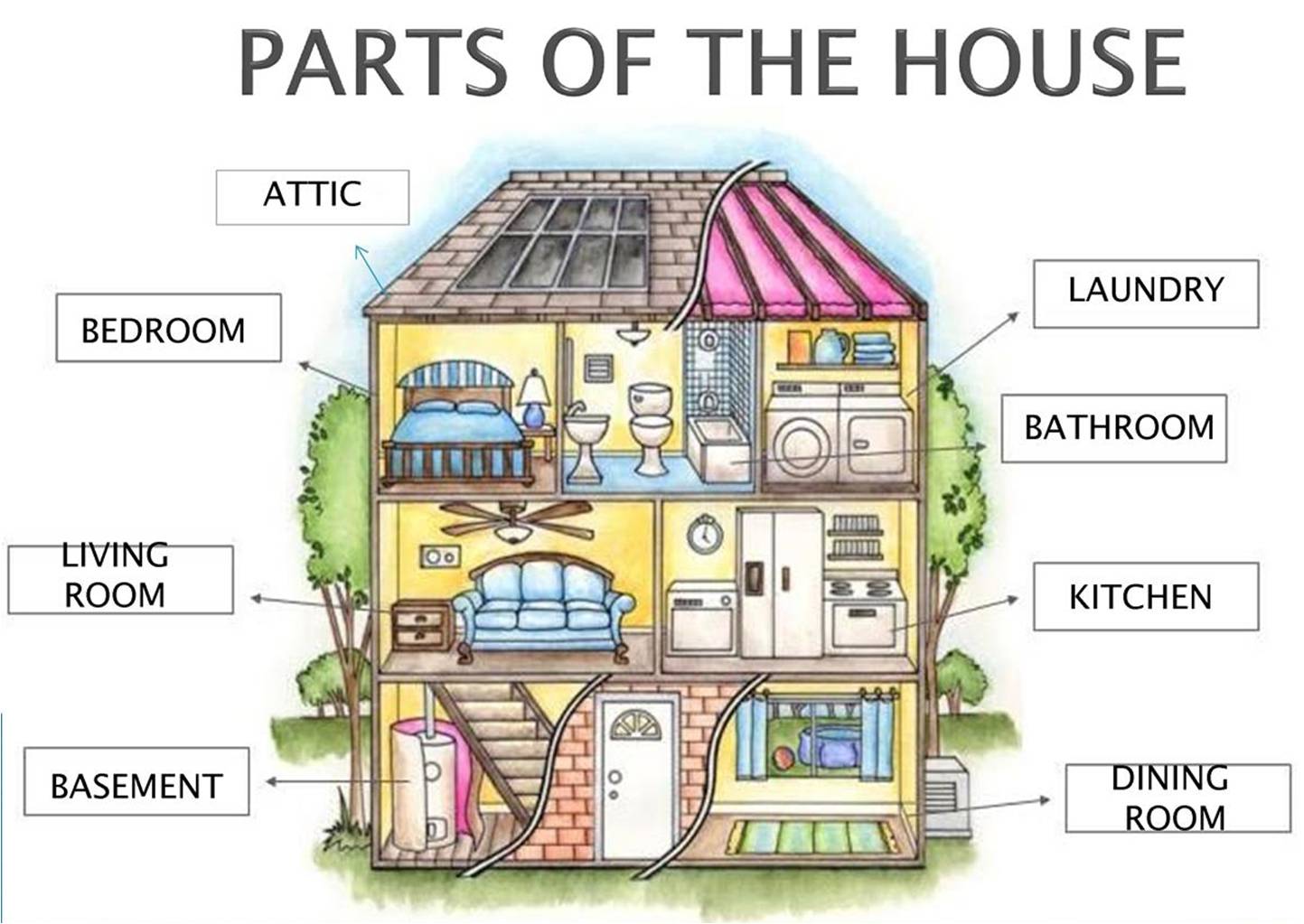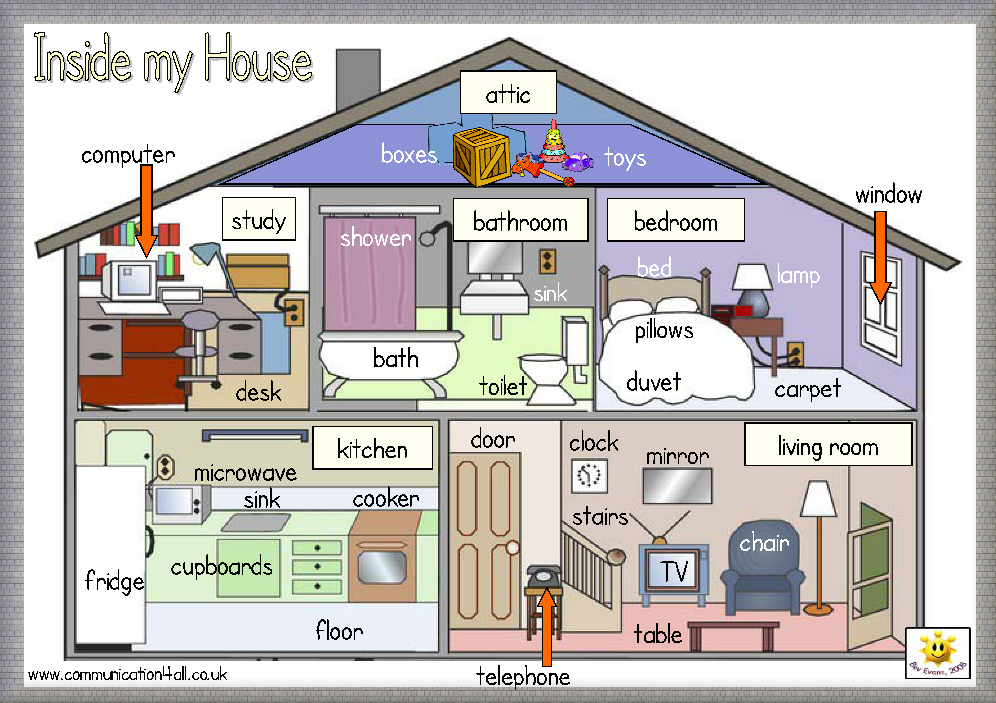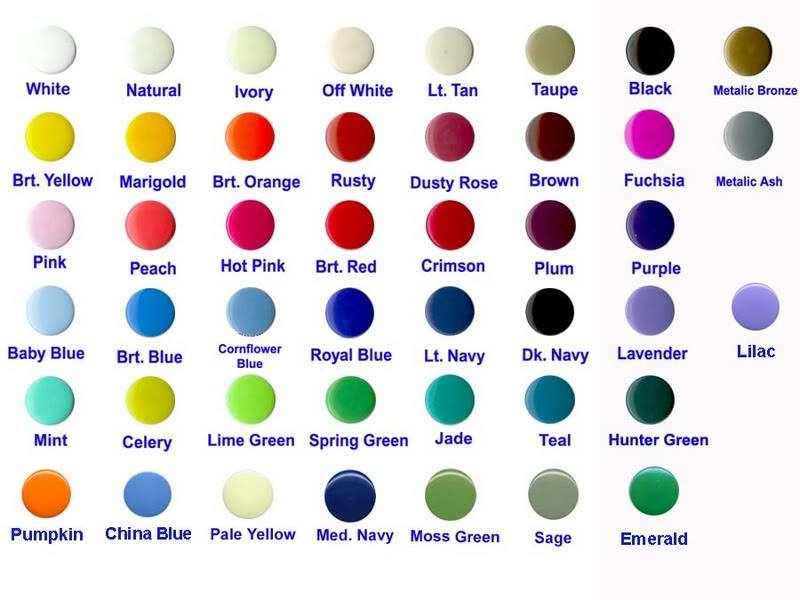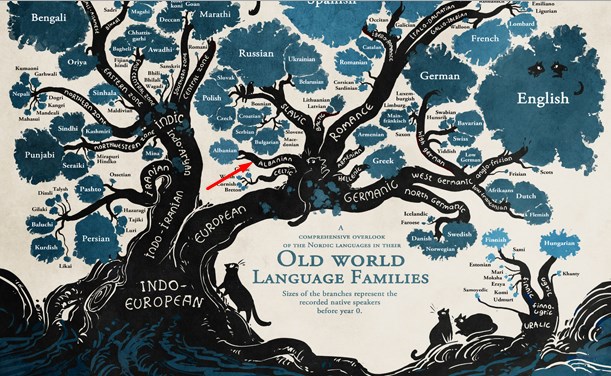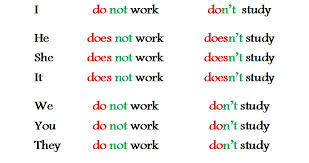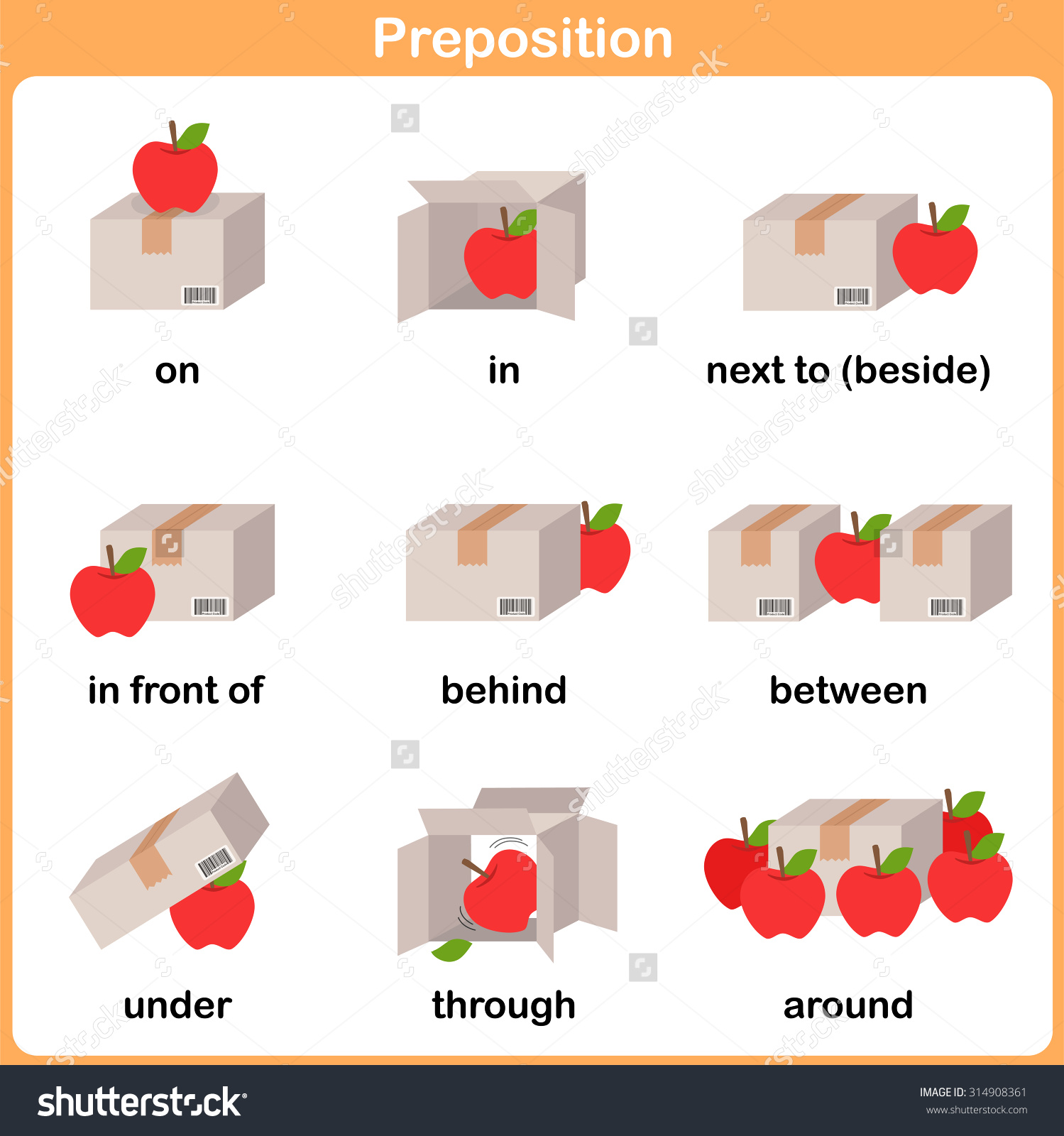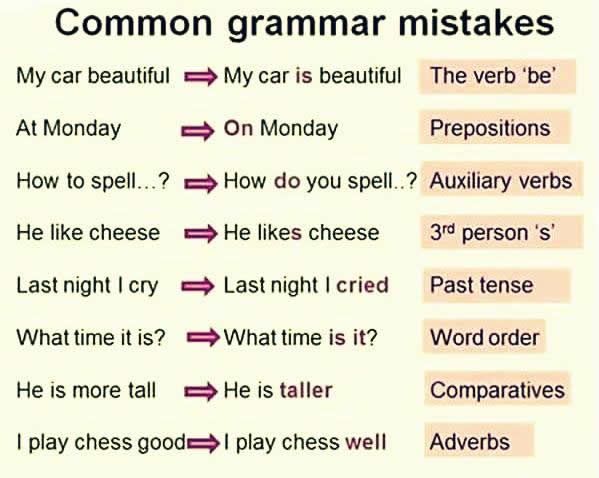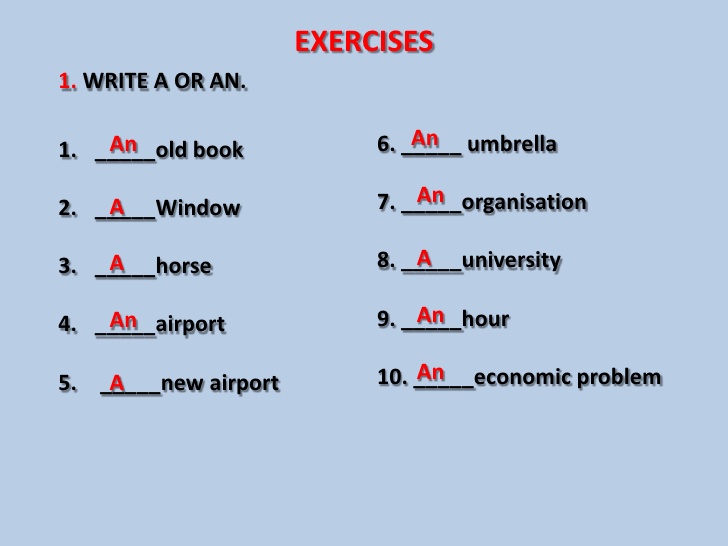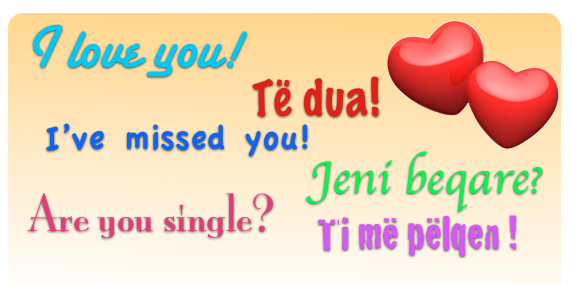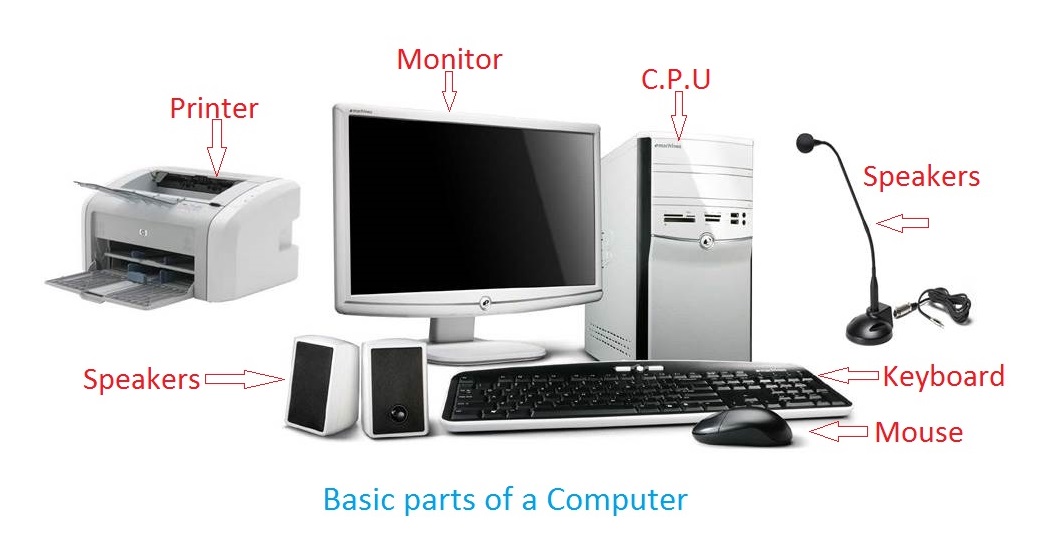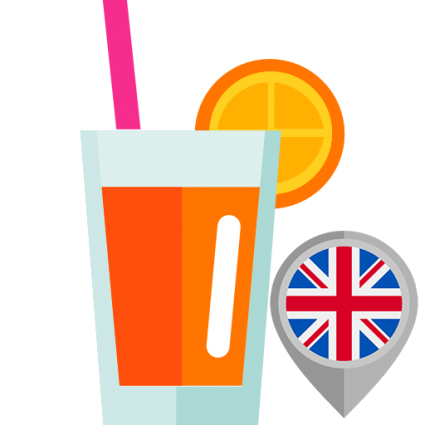
A1 - Beginner Level (English)
Niveli fillestarë i gjuhës angleze - A1
72
1
recent by anesabajrami
· May 18 '17 at 9:41 pm
3.2k
1
recent by anesabajrami
· May 18 '17 at 9:39 pm
990
1
recent by anesabajrami
· May 15 '17 at 2:20 pm
139
4
recent by anesabajrami
· May 1 '17 at 9:43 am
90
1
recent by anesabajrami
· Apr 30 '17 at 8:34 pm
139
1
recent by eniselezi
· Apr 22 '17 at 3:22 pm
83
0
124
4
recent by Agnesa Osmani
· Mar 24 '17 at 11:02 pm
1.1k
0
57
0
41
0
45
0
142
0
49
0
98
0
101
1
recent by anesabajrami
· Mar 12 '17 at 12:09 pm
112
2
recent by aganshabani
· Mar 7 '17 at 10:22 am
55
0
145
0
55
0
985
1.41k
17
All posts under this topic will be deleted ?
